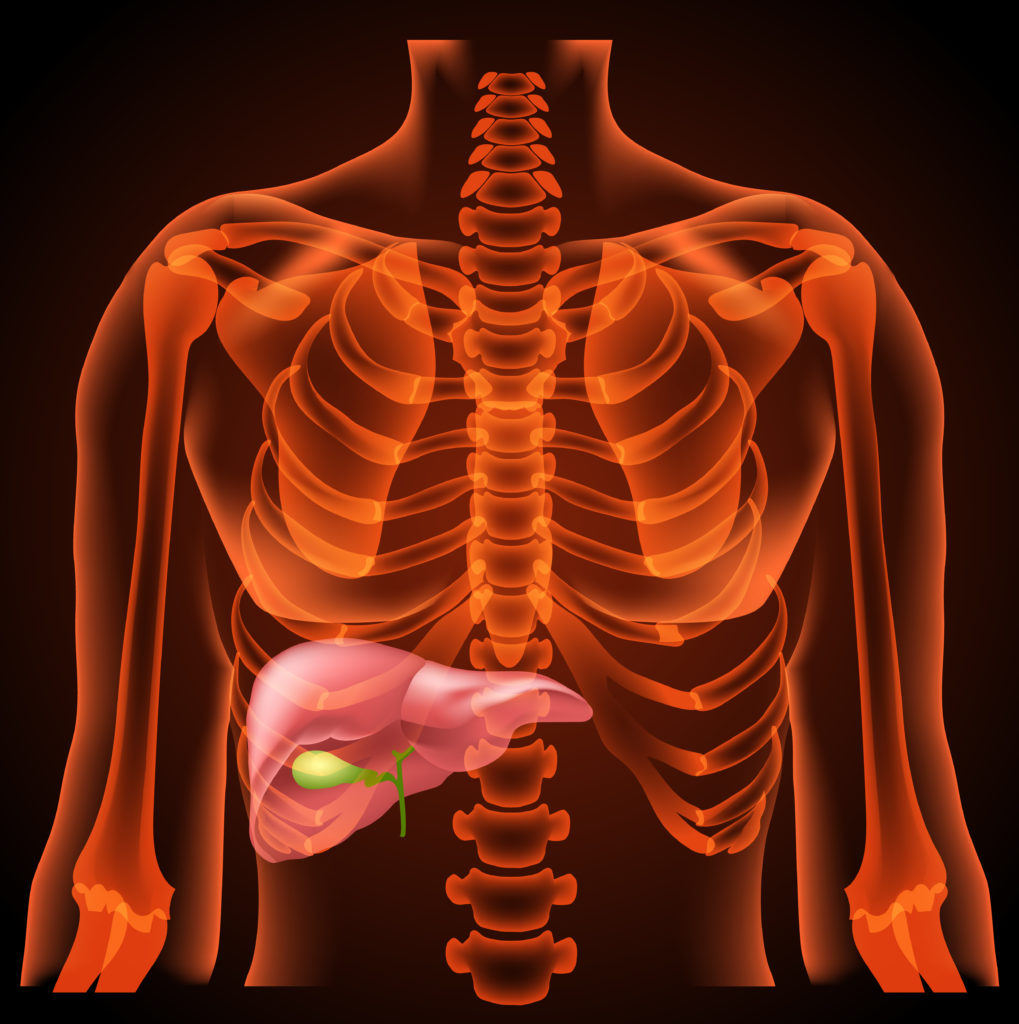
The question of whether or not kratom affects the liver has been a topic of much debate in recent years. Kratom, also known as Mitragyna speciosa, is a tropical tree native to Southeast Asia that has been used for centuries as a natural remedy for a variety of ailments, including pain, anxiety, and depression. However, the increasing popularity of kratom in the Western world has led to concerns about its potential effects on the liver, the organ responsible for filtering toxins and waste products from the body.
What Does The Liver Do?
Before diving into the specifics of whether or not kratom affects the liver, it’s important to understand the role that the liver plays in the body and how it processes substances that we consume. The liver is a vital organ that is responsible for a wide range of functions, including:
- Metabolizing and storing nutrients, such as carbohydrates and fats
- Producing bile, a substance that helps to digest fats
- Filtering toxins and waste products from the blood
- Regulating blood sugar levels
- Producing proteins, including clotting factors and immune system proteins
When it comes to processing substances that we consume, the liver plays a crucial role. It breaks down and metabolizes these substances, which can either be absorbed into the body or excreted as waste. This process can sometimes lead to the formation of harmful byproducts, known as toxic metabolites, which can damage the liver if they accumulate in large amounts.
Kratom’s Effects On The Liver
With this in mind, it’s understandable why some people might be concerned about the potential effects of kratom on the liver. However, there is currently a lack of evidence to suggest that kratom causes liver damage in humans. In fact, several studies have been conducted to investigate the effects of kratom on the liver, and the results have been largely positive.
One such study, published in the Journal of Ethnopharmacology in 2011, found that kratom did not cause any significant changes in liver enzymes in mice. Similarly, a study published in the Journal of Analytical Toxicology in 2016 found that kratom did not cause liver damage in human subjects, even at high doses.
It’s important to note that these studies were conducted using controlled doses of kratom, and it’s possible that excessive or prolonged use of the substance could lead to liver damage. However, this has not been consistently demonstrated in scientific literature.
In fact, some research has even suggested that kratom may have liver-protective properties. A study published in the Journal of Ethnopharmacology in 2014 found that kratom was able to reduce liver damage in mice that had been treated with a toxic substance. Another study published in the Journal of Ethnopharmacology in 2018 found that kratom was able to reduce oxidative stress and inflammation in the liver of mice, which could potentially have protective effects against liver damage.
It’s important to note that while these studies are promising, they are still in the early stages of research and more studies are needed to fully understand the effects of kratom on the liver. However, the current evidence suggests that kratom does not significantly affect the liver in humans, and may even have protective effects against liver damage.
It’s also worth noting that many of the concerns about the potential effects of kratom on the liver are often linked to the presence of contaminants in kratom products. Some kratom products have been found to contain harmful additives or contaminants, such as heavy metals or pesticides, which could potentially cause liver damage. This highlights the importance of purchasing kratom from reputable sources that adhere to strict quality control standards.
In conclusion, the evidence currently available suggests that kratom does not significantly affect the liver in humans. While more research is needed to fully understand the potential of kratom’s effects on the liver, research suggests that it’s beneficial and there are no real adverse health effects.
Try our 100% pure kratom products for yourself today!